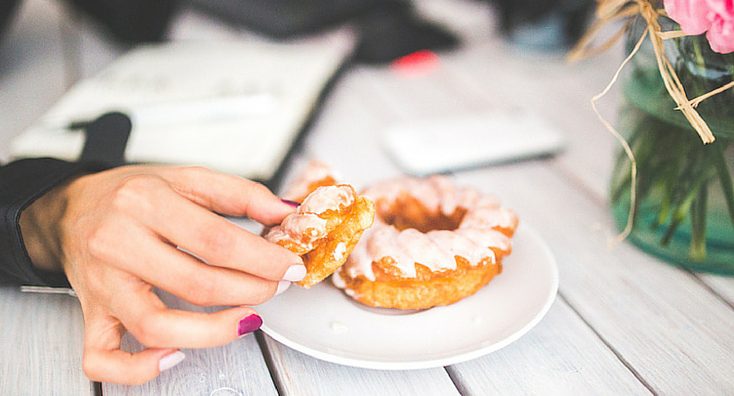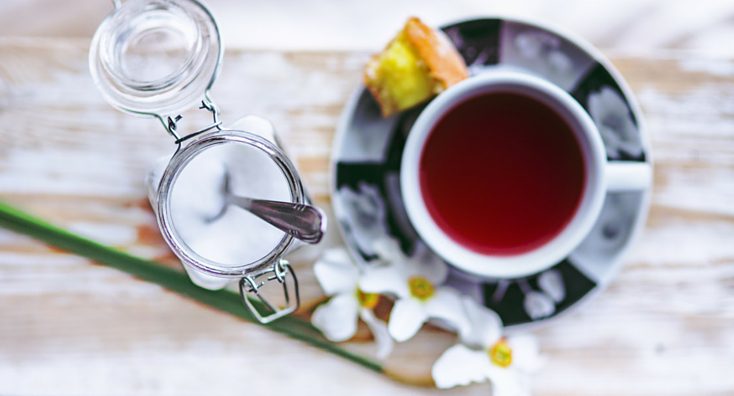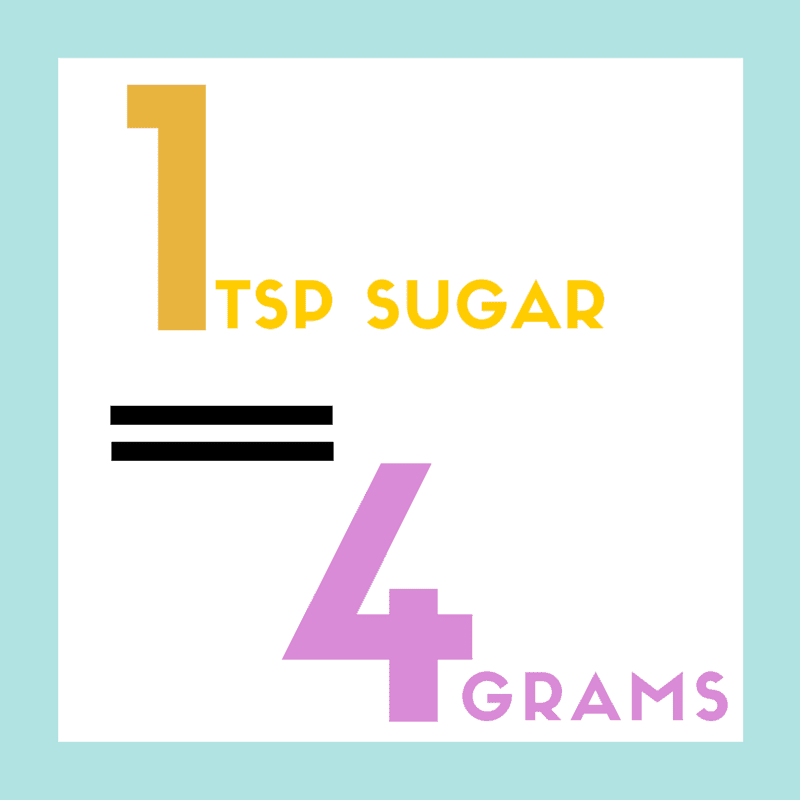There’s no doubt that sugar lifts our moods and perks us up. However, it almost immediately does the opposite to the point that we’re left with more problems than satisfaction: sluggishness, skin problems, weight issues, chronic diseases, more cravings, irritability and short tempers … the list goes on!
We know sugar isn’t doing our body any favours so why is it that we can’t resist the stuff? If it’s that bad, then why do we crave it to begin with?
If you see yourself as a bit of a sugar junkie, then the first step in getting control of your cravings is understanding them….
Why we crave sugar:
It’s in our genes: The reason we find it so irresistible despite its long list of side effects is that cravings for sweet foods are actually built into our genes. Think about our ancestors. Without anyone to tell them what to eat, early humans discovered a basic truth: in nature, sweet foods (like fruits, honey etc) are safe to eat and give us the energy and nutrients we need to survive.
It boosts our mood: Unfortunately these ‘feel good’ effects are fleeting. Sugar increases the absorption of an amino acid called tryptophan which is used to make the ‘happy’ hormone, serotonin. So we eat the sweet stuff and feel full, relaxed and sleepy, at least for a couple of hours until the signal shuts off. Then we crave more carbohydrate in an effort to get that ‘hit’. But abusing the process over long periods of time can max out our serotonin machinery, leaving us unhappy, carb-craving, and depressed. Not ideal.
Unstable blood sugar: Stress, excess caffeine and a diet high in refined carbohydrates cause spikes in our blood sugar. The sharp peak is followed by a sudden crash panicking the brain (our control centre) which then stimulates our appetite and drives sugar cravings in an effort to source energy quickly.
It’s that time of the month: Endorphin levels are low during this time and you may be experiencing cramps. Sugar increases endorphins in the brain which has a pain relieving effect.
Gut imbalance and/or Candida: An imbalance of gut flora can allow for yeast and fungal overgrowth which have a higher demand for glucose. They crave sugar so you do too!
Tackling cravings:
Use the following steps to overcome your sweet tooth for good….
Eat protein, fat and fibre with every meal: All three help slow down digestion, which allows you to maintain steady, balanced blood sugar levels. They also increase satiety which reduces the likelihood of overeating and snacking between meals. Coconut oil is a medium chain fat which our body uses for instant energy without it being stored in fat cells
Address nutritional deficiencies: A craving is often a signal that you’re nutritionally deficient, your brain will keep telling you that you need more food until the deficiency is resolved. Try increasing your intake of fresh whole foods like fruit and colourful vegetables. Not only do they have a sweet flavour but they are also high in vitamins, minerals and antioxidants.
Walk it off: When you’re really craving sweets, it’s often because you’re craving something that feels comforting or a pleasant disruption from everyday life. Ask yourself if it’s a physical or emotional craving. Are you bored, lonely, stressed or just looking for some comfort? Next time a craving hits, try going for a ten minute walk. The fresh air and exercise will boost endorphins allowing you to forget all about that double chocolate chip cookie.
Sleep 8 hours a night: Sleep deprivation leads to increased levels of ghrelin (our “hunger hormone”) and decreased levels of leptin (our “feel full hormone”). All of this means the lack of sleep stimulates our appetite and the tiredness makes an instant energy source like sugar even harder to resist.
Avoid artificial sugars: Artificial sweeteners which are commonly found in diet drinks actually stimulate cravings for sugar. It tricks the body into thinking it is getting glucose and sets off a hormonal response for it to be metabolised. However, as there is no energy content in the sweetener it also leaves the body in shock and still craving the real thing.
Set yourself a challenge: Commit to giving up sugar for two weeks. Tell everyone you know and encourage family and friends to join you. This will keep you motivated and make you accountable. The first few days are usually the hardest and if you feel nauseous, run down or get headaches – don’t quit. Believe it or not, this is actually a good sign because these symptoms are a sign your body is cleaning itself out.
Looking for some meal ideas with natural sugar alternatives?
Why not try Maggie’s Power Green Hot Chocolate or this Raw Avocado Mousse
Veronica Burke
Nutrition & Health coach
Marketing Coordinator, Pharma Nord













